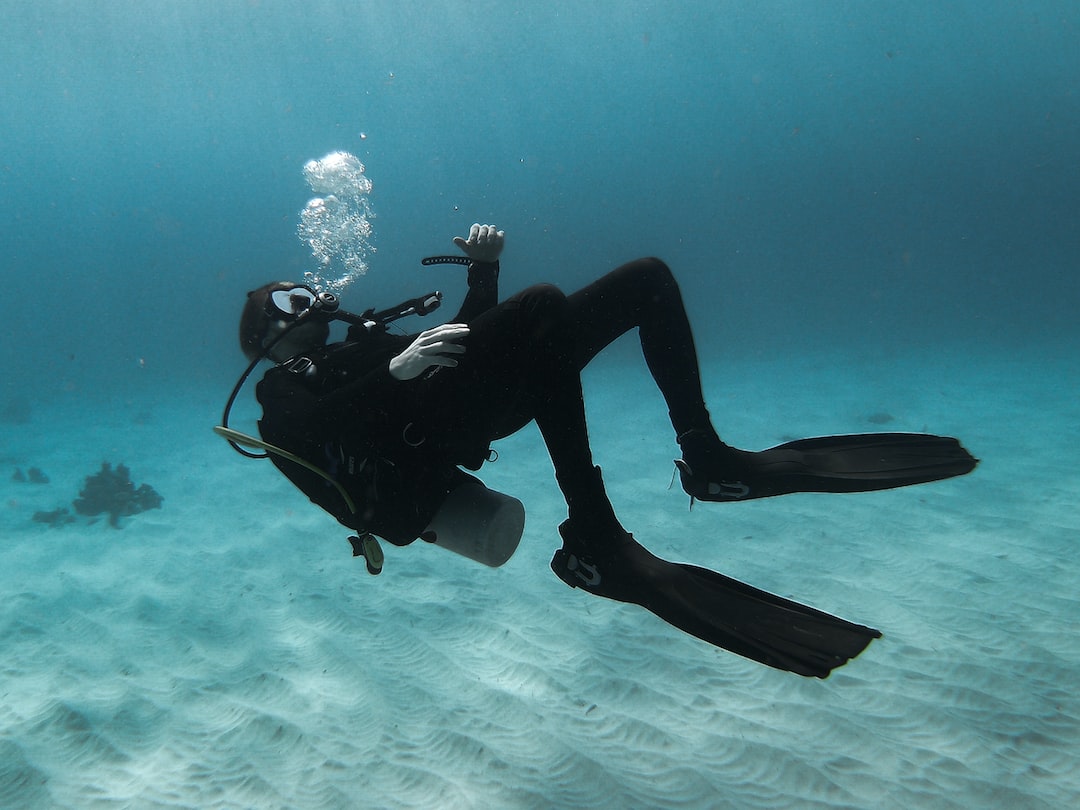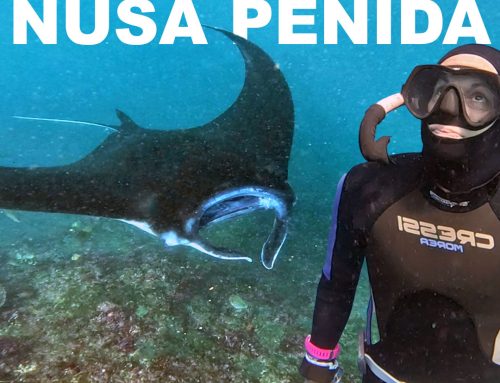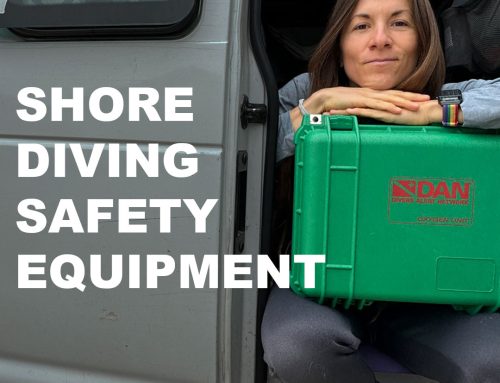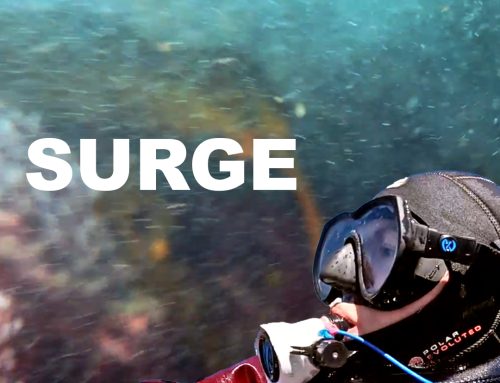Which scuba diving specialties are worth it?
Welcome to Episode 1 of my Dive Dry Road Trip. I’m in Washington, I finally have a drysuit, and I recently went through some drysuit training, so I want to talk about scuba diving specialties.
Are specialties worth the money? Which ones should you definitely do? And where can you save money by learning from your dive buddies, dive guides, and the internet.
Not all certifications were created equally.
I would describe my relationship with specialty courses as ‘it’s complicated.’
Some are absolute must-haves if you want to do certain types of diving, while others can be a waste of money and plastic in the form of the certification card.
That being said, I’m not here to hate on people who collect certifications. Being a student is a lot of fun, so if you have the monetary means and you want to take the courses, have at it.
A list of must-have scuba specialties.
The one specialty course that every diver should get: Nitrox.
Nitrox is a useful tool for getting more no-decompression time, and you absolutely will be asked to show proof of certification if you want to dive it.
Other specialty courses that are worth considering:
- Cavern
- Deep
- Drysuit
- Distinctive specialties for different species especially if they are taught by an expert in the field (examples include the PADI Whale Defender, Manta Ray Diver, or Thresher Shark Diver) (there are also nonsense ones like Underwater Basket Weaving…)
- Emergency O2 Provider
- Full Face Mask
- Gas Blender
- Ice
- Self-Reliant Diver
- Sidemount
- Wreck
You should only take these courses with instructors who have extensive experience with the subject.
If you didn’t already know, when someone becomes a scuba instructor, they can very easily become an instructor for many of the specialties as long as they pay the certifying organization and mark that they have the required experience. Some specialties require specific training to gain instructor status, but many do not.
Be forewarned. Do your research and ask questions before signing up.
I say this because I recently took my first specialty course in a VERY long time. I did the Drysuit Specialty, and for my experience level, it would’ve been better for me to book the course with an instructor who had experience diving in sidemount so that I could learn the specifics about setting my equipment up in the configuration I dive most.

Consider these diving courses too.
There are other specialty courses that are interesting, but may not be necessary, depending on your skill, experience, and access to knowledgeable dive buddies.
- Altitude
- DPV
- Equipment Specialist
- Search & recovery
- Drift, Navigation, or Night: These can be interesting and helpful if taught right, but they are also ones that could easily be on the following list.
- PPB: Hear me out on this one. Maybe I wouldn’t necessarily sell the certification course if I could avoid it, but if I have a diver who needs some one-on-one help, I think the skills in the PPB dives are really helpful.
Some instructors may they include those skills in the PPB adventure dive as part of the Advanced Course. To those instructors, I say you can, but technically they are part of the specialty course and depending on the student, it may be in their best interest to go slower.
These scuba specialties may not be worth your time.
The courses that are the least interesting, helpful, or all the needed information is a simple google search away include:
- Boat
- Computer
- Fish ID
- Multilevel Diver
- Shore
- Hunter
- Photo/video: Why is this here? Because you can find basic photography information on the internet, and if you’re looking to step up your skills, it’s more beneficial to go on an underwater photography/videography retreat where you can learn from real, professional photographers. Is it more expensive? Absolutely. Will you get a lot out of it? Definitely.








